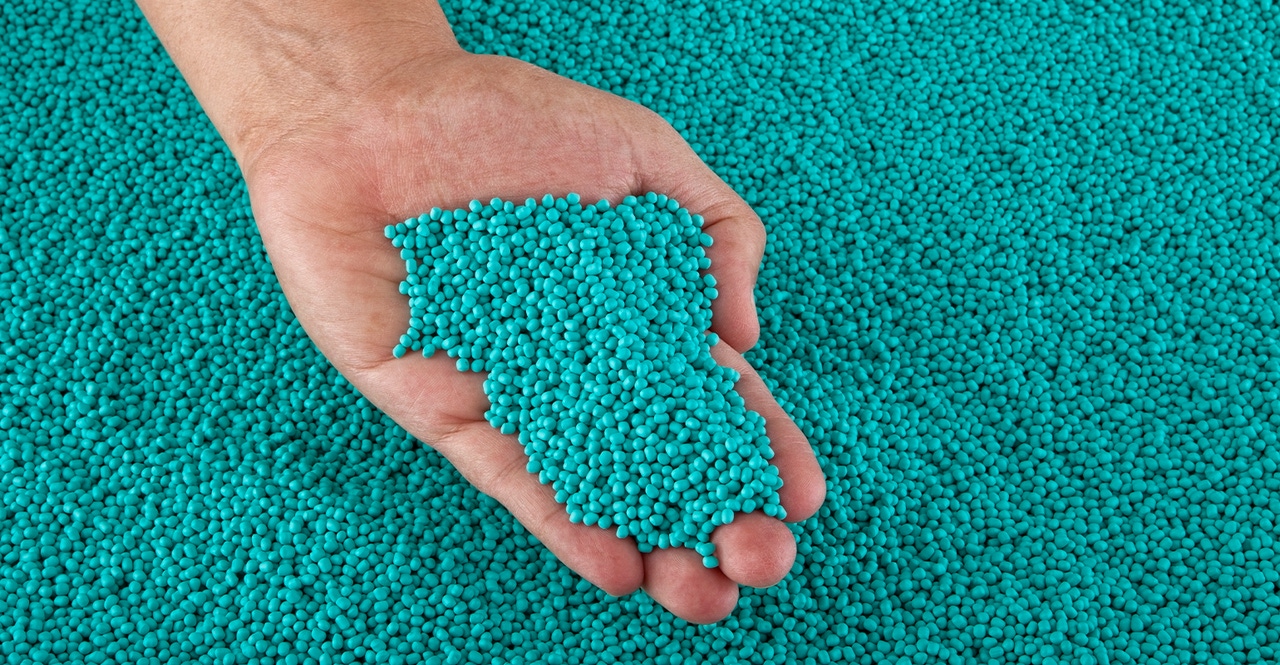Green Science Alliance Develops Plastic Recycling Technology
December 22, 2021

KAWANISHI CITY, Japan -- Green Science Alliance has received license agreement from Fukuoka University to carry out the revolutionary plastic waste recycling technology which can recover the mechanical strength especially in the toughness of plastic waste relatively simple and effectively.
Nowadays, plastic waste is causing serious environmental problems such as microplastic and nanoplastic pollutions. It is an urgent matter to do something about this issue. Plastic recycling is one of the technologies to decrease plastic pollution. Waste plastic recycling technology can be classified to 3 types; thermal recycling, material recycling, and chemical recycling. Thermal recycling is utilizing plastic waste as fuel by virtually burning them which is not considered as an ideal solution. Chemical recycling seems good; however, it is not a perfect circular system and its high cost is the main problem.
Professor Shigeru Yao from Fukuoka University, Japan has been researching plastic waste (especially now on PE and PP scraps, he may also research on other plastics in the future) from the polymer physics aspect of view. He has clarified that the deterioration of mechanical strength of plastic waste is not due to chemical break down of polymer main chain; however, it is caused by inner crystal structural changes within plastic.
Furthermore, he has elucidated that the mechanical strength especially toughness, can be recovered by optimizing the re-pelletizing process. In addition, he has theoretically and experimentally elucidated first time in the world that the mechanical strength of plastic waste can be regenerated as strong as new plastic pellet under certain processing conditions. He has also developed a new type of extruder which can reproduce this revolutionary plastic recycling technology with low cost but high efficiency.
Until now, it was common sense that mechanical properties of plastic products were decayed over years and the plastic pellets made from plastic waste were also mechanically weak. Therefore, the usage of plastic pellets made from plastic waste was limited because of their poor properties. However, plastic pellets reprocessed by this new innovative technology are expected to create new plastic molding products from plastic waste with high mechanical strength. This can be an amazing technology to reduce plastic waste quantity in the world.
It should be noted that this revolutionary technology can be classified as material recycling. Depending on the kinds of plastic waste and re-pelletizing process conditions, mechanical strength recovery is changeable. However, the detailed development and analysis is under progress. So, this can be a revolutionary technology which can dramatically reduce plastic scraps (waste) quantity in the world.
This time, Green Science Alliance has obtained a license agreement with Fukuoka University and also installed the new extruder which can carry out this revolutionary technology in the company. They will further research and develop this new technology by cooperating with Fukuoka University and other companies for performing custom testing, measuring, and analyzing properties of pellets made from various types of plastic waste. For a long-term plan, Green Science Alliance is aiming for supplying large quantity of plastic pellets made from plastic waste as their business.
Some of other Green Science Alliance technologies (biomass biodegradable resin, next generation rechargeable battery, fuel cell, solar cell, quantum dot, metal organic framework etc.) are registered by the United Nation Organization (UNIDO's platform "STePP", WIPO GREEN) and they were also selected as finalists on the startup incubation programme of UNOPS GIC KOBE Japan in 2020.
You May Also Like


